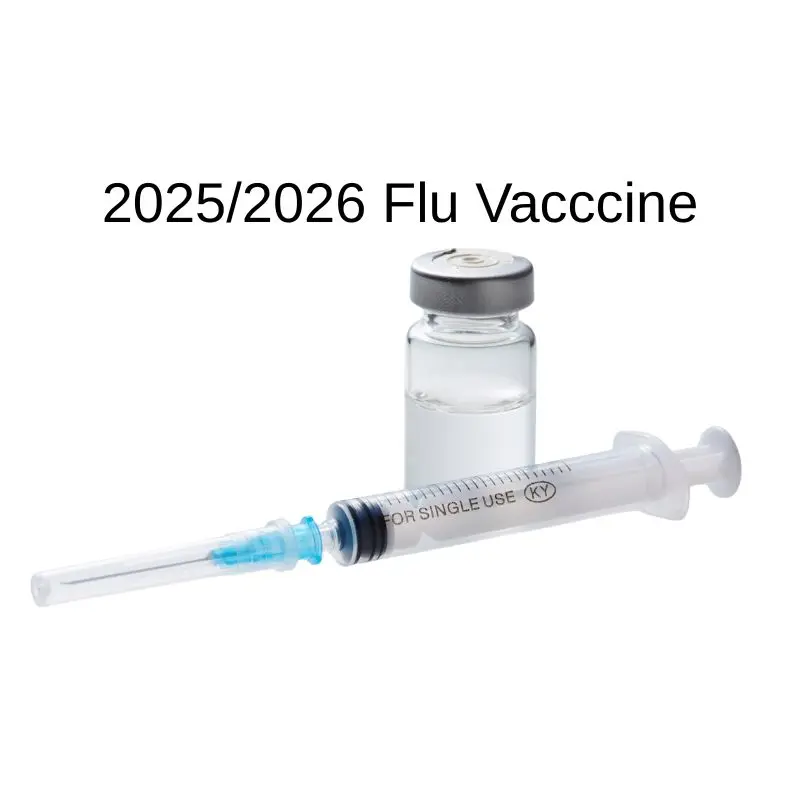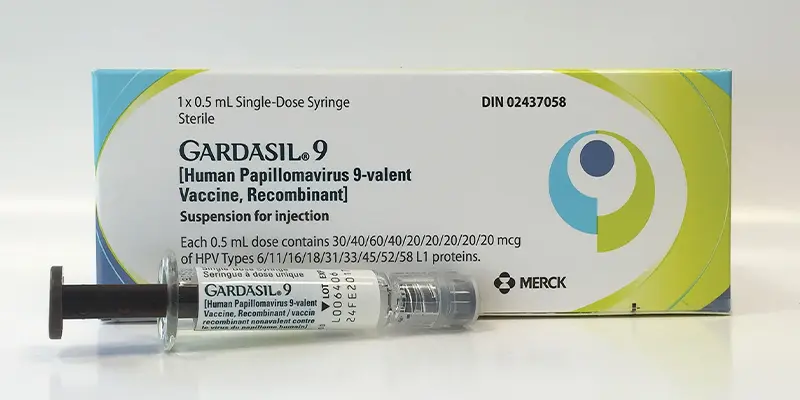Flu Vaccination
Flu Vaccine 2025–2026 (Cell-Based)
Protect yourself this winter with the latest flu vaccine. The 2025–2026 flu jab is a cell-based influenza vaccine, designed to give you better protection against circulating flu strains. Unlike traditional vaccines grown in eggs, this vaccine is developed in cell cultures, which may provide a closer match to the viruses expected this season.
It is suitable for adults (depending on eligibility) and helps reduce your risk of flu and its complications. A quick, safe, and effective way to protect yourself and those around you.
Select Quantity
What is the flu vaccine?
The flu vaccine helps protect against seasonal influenza, a common viral infection that can cause fever, cough, sore throat, and in some cases, serious illness. Vaccination reduces your risk of getting flu and helps prevent spreading it to vulnerable people around you.
What is a cell-based flu vaccine?
Traditional flu vaccines are made using hen’s eggs, but the 2025–2026 flu vaccine is cell-based. This method uses mammalian cell cultures to grow the flu viruses, which may lead to a vaccine that is more closely matched to the strains expected to circulate. This can provide improved protection for some patients.
Who should have the flu vaccine?
- Anyone who wants to reduce their risk of flu.
- Strongly recommended for: older adults, pregnant women, people with long-term health conditions, frontline healthcare staff, and those caring for vulnerable individuals.
- Children may also be eligible, depending on NHS or private service guidelines.
When should I get vaccinated?
The best time is in the autumn (September–December) before flu season peaks, but vaccination is still useful later in the season.
Are there side effects?
Most people have no or only mild side effects, such as a sore arm, mild headache, or feeling tired for 1–2 days. Serious side effects are very rare.
Why should I get the flu jab every year?
Flu strains change each year, and your immunity naturally decreases over time. Having the vaccine annually gives you the best protection.
Can the flu jab give me flu?
No. The flu vaccine does not contain live flu virus, so it cannot give you flu. Some people may feel slightly achy or tired for a day or two, but this is a normal immune response.
How long does it take to work?
Protection develops about 10–14 days after vaccination.
Can I have the flu vaccine if I’m pregnant?
Yes. The flu vaccine is strongly recommended during pregnancy as flu can be more severe in expectant mothers. It also helps protect your baby for the first few months after birth.
Can I have the flu jab with other vaccines?
Yes. The flu vaccine can be given at the same time as other vaccines, including the COVID-19 vaccine.
Who shouldn’t have the flu vaccine?
Most people can have it safely. Those with a severe allergy to a previous flu vaccine or any of its ingredients should discuss this with a healthcare professional before vaccination.
Do I need a flu jab every year?
Yes. Flu strains change each year, and your protection decreases over time. Having the vaccine annually ensures you stay protected.
Is the cell-based flu vaccine better?
Cell-based vaccines may provide a closer match to the flu strains expected to circulate. This can mean stronger protection in some seasons compared to traditional egg-based vaccines.









